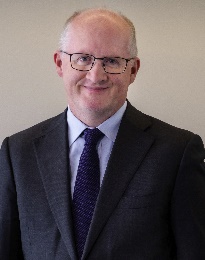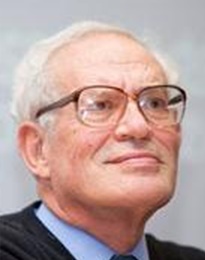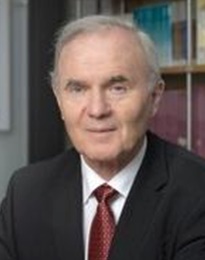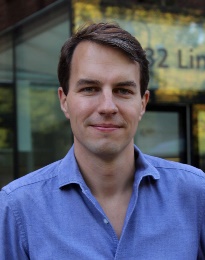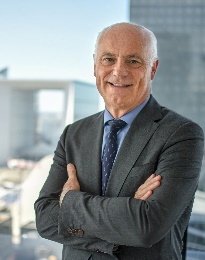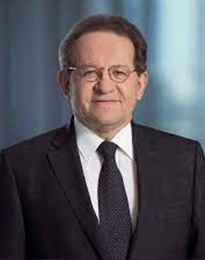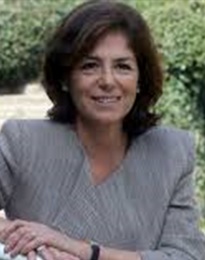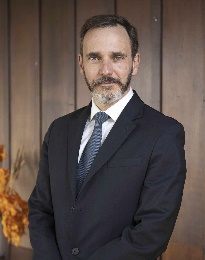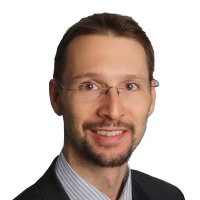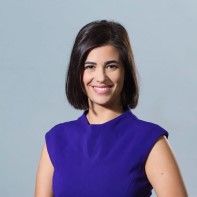Morning session 11:30-13.45 CEST
(In person and live-streamed)
ECB’s monetary policy challenges
In the morning session, the discussion will focus on monetary policy challenges. The war has triggered the worst global food and energy crisis in decades, exacerbating post-pandemic inflation and supply chains disruptions which are being further aggravated by Covid-19 lockdowns in China. How the ECB should manage these multiple shocks that push inflation well about its target without causing a recession? What can be the additional impact on Europe’s inflation and growth of the embargo on Russian energy imports? Are the record levels of public and private debt, a legacy of the pandemic, constraining the speed of monetary policy normalization? What are the main similarities and differences between the current juncture and the 1970’s? Is the current surge of inflation transitory or will it last?
WATCH THE MORNING SESSION
| 11:00 |
Registration |
| 11:30 |
Welcome address |
|
Raimundo Perez Hernandez y Torra,
Director General of Ramon Areces Foundation.
|
| 11:35 |
Introductory Remarks |
|
Pablo Hernandez de Cos, Governor of the Banco de España. |
| 11:45 |
Keynote address (Slides) |
|
Philip Lane, Member of the Executive Board of the ECB. (Winner of the first edition of the Bernacer Prize). |
|
Panel Moderator: Maria Tadeo, Bloomberg. |
| 12:05 |
“A severe test of Monetary Policy” |
|
Charles Goodhart, Emeritus Professor, LSE. (Member of the Selection Committee in the first and 20th editions of the Bernacer Prize).
|
| 12:20 |
“Structural changes – challenges for monetary policy” |
|
Otmar Issing, President of the Center for Financial Studies. (Chair of the Selection Committee in the first edition of the Prize)
|
| 12:35 |
"Energy sanctions against Russia: What options does the EU have and how costly are they?" |
|
Benjamin Moll, Professor at London School of Economics. (Winner of the 17th edition of the Bernacer Prize)
|
| 12:50 |
Discussion between the four speakers and Q&A |
|
Lead Questions |
|
Ricardo Reis, Professor at London School of Economics.
(Winner of the 16th edition of the Bernacer Prize)
Stephanie Schmitt-Grohe, Professor at Columbia University.
(Winner of the 4th edition of the Bernacer Prize)
Stijn Van Nieuwerburgh, Professor at Columbia University.
(Winner of the 15th edition of the Bernacer Prize)
Lukas Karabarbounis, Professor at Minnesota University.
(Winner of the 19th edition of the Bernacer Prize)
|
| 13:30 |
Buffet Lunch
|

